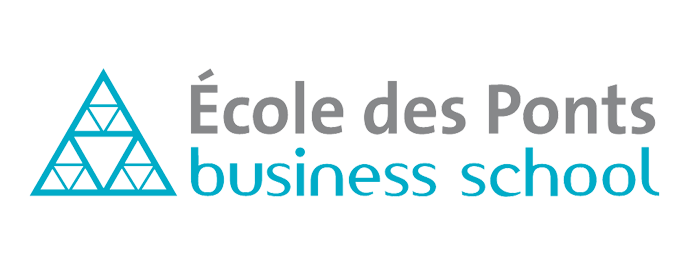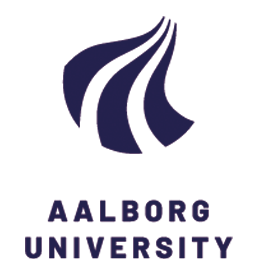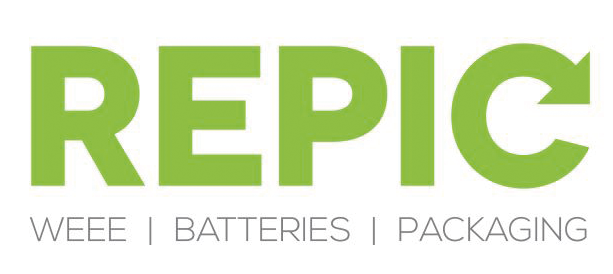CERES Curriculum: Training for the transition to the circular economy
21 Febbraio 2025
A project to fill educational gaps and prepare the professionals of the future
The transition to a circular economy requires specific skills and a paradigm shift in the way we think about sustainability, resource management, and production. In response to these challenges, the CERES (Circular Economy Innovation Ecosystems Redesigning Skills) project was born, an ambitious initiative that aims to create a bridge between academic training and the practical skills needed to meet the challenges of the future.
A central aspect of the project is the CERES curriculum, designed to train a new generation of professionals who can integrate sustainability, innovation and resource management in a multidisciplinary context. We interviewed Adriana Hofmann Trevisan, a researcher at Politecnico di Milano and part of the team that designed the curriculum, to find out more about its development, goals and impact.
A project born out of a careful analysis

The CERES curriculum is the result of an extensive research process, which included a systematic literature review, interviews with experts in the field, and an evaluation of existing training courses. This work identified gaps in current training offerings and the skills required for the professionals of the future.
According to Adriana Hofmann Trevisan:
“The curriculum is designed to respond to the real needs of the market, balancing a solid theoretical foundation with practical applications. Our mission is to prepare professionals capable of creating a concrete and sustainable impact.”
Customised training for the circular economy
The CERES curriculum is divided into two main levels:
Core courses, which provide an introduction to the circular economy and develop soft skills such as leadership, creativity, sustainability and digital transformation. These courses are designed to be accessible to both first-time learners and those with prior knowledge.
Specialized courses, which delve into technical topics such as:
Circular Life Cycle Management: promotes a circular manufacturing approach, emphasizing the choice of materials and design methods that facilitate recycling or remanufacturing.
End-of-life product management: explores strategies to reduce waste, improve reverse logistics and recover resources such as lithium and copper, with a focus on e-waste compliance and management policies. “Our priority was to integrate multidisciplinary content, using real-world case studies to make the courses engaging and relevant to participants” adds Hofmann Trevisan.
The collaborative and multidisciplinary approach
The CERES curriculum development process involved an interdisciplinary team of academics and practitioners, ensuring that the content was not only robust but also aligned with market needs.
In particular, the program was designed to be a reference point for trainers and educators, creating a cascade of knowledge that spreads from academic courses into the professional world.
Long-term impact
The training offered by the CERES curriculum not only transfers technical skills, but aims to train professionals with a critical and strategic view of sustainability.
Hofmann Trevisan reflects on the importance of this initiative:
“Our goal is to train people who not only understand the concepts of circular economy, but who can translate them into practical actions, promoting real change in the way we use resources.”
With the CERES curriculum, the project aims to fill a significant gap in current educational offerings, preparing participants to be leaders of the ecological transition and build a more sustainable future.
This program is an important step in making the circular economy a practical reality, providing today’s and tomorrow’s professionals with the knowledge and skills needed to address global sustainability challenges.










